
Lung Ying-tai, the mainlander democracy writer, has weighed in with another letter on Chen (
translation from ESWN).
I am someone who has personally witnessed the dissolution of the Soviet empire, the collapse of the Berlin Wall, the Tienanmen incident, the Hong Kong July 1st march and I wrote the Wildfire Collection in authoritarian Taiwan. But Taiwan politics today still astounds me: in the history of the Republic of China that we have personally experienced, who has seen a president's family and aides engage in such disgusting things?
One thing is for sure -- when a critic of Chen gets the pen moving, history is going to disappear. The President's family and aides under Chiang Kai-Shek, Chiang Ching-Kuo, were far more disgusting, for they engaged in murder and theft on a grand scale. Black gold problems were extremely serious under the Lee Teng-hui Administration. The Chen Admnistration is
by far the cleanest in Taiwan history, and the kind of "corruption" it has engaged in is perfectly normal. What is different is that it has been exposed and the people involved held accountable. Meanwhile the people who murdered Lin Yi-hsiung's family still walk free......
Who has heard of the President's Office, which is the highest symbol of the nation, engaging in creating fake accounting books? Who has seen a Control Yuan that only has air-conditioning but no committee members? Who has ever seen a Minister of the Interior with so little knowledge and appreciation of the law?
Well, as numerous people have pointed out, keeping fake account books was a practice in the President's office in the prior KMT regime as well. There was a major scandal involving a secret account that
President Lee kept at the National Security Bureau, for example. Lung does not mention that
prosecutors recently cleared Chen of any wrongdoing with that account, since it was used for national intelligence purposes. Lung published on the 23rd, the news of Chen being cleared came out on the 20th. I will leave it to the reader to imagine why she doesn't mention that.
Lung complains about the Control Yuan.
Who has seen a Control Yuan that only has air-conditioning but no committee members? I quite agree. It is about time the legislature approved the slate of candidates proposed by the President, or entered into negotiations, so that the Control Yuan can get to work on its backlog of thousands of cases. Lung has hit upon a major problem here: since the Blues will not cooperate with the DPP government for the good of Taiwan, the country cannot be run. Chen cannot be blamed for this.
Lastly she lashes out at the ministry of the interior. The highest ranking political appointtee taken out by a scandal was...the vice minister of the interior. Normal. Lung's writing operates by emotional appeal, as this crack shows:
Who can imagine that Taiwan would produce its local version of Richard Nixon/Alberto Fujimori/Roh Tae Woo/Ferdinand Marcos? Who can imagine what the people ought to do when they run into their local version of Richard Nixon/Alberto Fujimori/Roh Tae Woo/Ferdinand Marcos?
Chen has not been implicated or convicted or indicted in any crime. What's really happening is that Chen has become a scapegoat for social discontent in Taiwan at the dawn of the 21st century (more on that in another post). And commentators like Lung, instead of carefully explaining the many different issues, are simply fanning the flames. She writes:
My thought: Legally speaking, a president who has not been found guilty under the law does not need to resign. But if politically he has become the source of social instability and political turmoil; if in terms of moral trust, he has become the subject of contempt by the people; if the President has lost the mutual trust with the majority of the people (the 18% public support should be a clear "assessment of truth), then he ought to bow to the people in apology and resign on his own.
Nonsense. The President is not a source of social instability; unscrupulous and unthinking assaults on the government are a source of social instability. The anthropologist Nick Pazderic remarked in his book on Taiwan that in Taiwan's competitive society, to label someone a failure is
to label them a source of chaos, and the attacks on Chen show this perfectly.
It is illuminating to look at a more developed democracy. In the US, where Bush has admitted to violations of the Constitution and other US laws, and where his popularity is low, no one calls for him to resign. His opponents want him
impeached. In other words, his opponents want the law to take its course. Calling for Chen to resign because he is unpopular is tantamount to saying "the law be damned." Instead, Chen's opponents should be calling for more investigations. But since those are likely to clear Chen....Chen's attackers are left with only one route....
Lung then follows with a series of abuses.
he is ashamed about the moral expectations from the people because his family is degenerate, his aides are corrupt and his personal trustworthiness is bankrupt.
Note the adjective 'degenerate' -- disgusting! -- and the exaggerations. Chen's family is not corrupt -- his son-in-law is under indictment, but no one else has been indicted. I imagine that people related to Lung Yung-tai have been sent to prison as well. Do we say that her "family" is corrupt? So far we have one aide who is linked to corruption, but in six years of Chen's Administration, only one. In lieu of facts and analysis, Lung simply spews exaggeration and insults.
She does come out against the idea of using street demonstrations in a democracy, and correctly notes that the system is badly flawed.
Finally look at her four questions:
Question 1: President Chen Shui-bian was elected through a democratic process........
So now Chen Shui-bian has failed the country. But when will the people start to examine their own responsibility? Do those who voted for him back then admit that they made the wrong choice? What were they thinking when they made their wrong choice? Did those who voted against him back then have the wrong reasons?
Yes, they made the right choice. Lung has never noticed that the alternative was far more corrupt. James Soong just got hit with a $26.5 million judgment in a tax evasion case in which he used fake names to dump election funds into his daughter-in-law's account. Lien Chan was set to meet with mainland leaders when he won the election. The KMT is far more corrupt than the DPP -- but you won't find that mentioned in a letter from Lung Ying-tai.
Does anyone think that if Lien and Soong had one in 2004, when the KMT re-installed the institutionalized corruption of the 1950s-90s, that a million people would be out there criticizing Lien Chan on Ketegalen Rd?
Don't make me laugh. The anti-Chen movement is partisan political hackery.
Lung then goes on to spew a trail of elitist sewage:
Question 2: Do our voters recognize adequately that the vote in their hands can have certain serious consequences? If we did not have that awareness at first and therefore we were rash or ignorant, then we are now being tortured and punished for our rashness and ignorance by having an immoral president. Is this the lesson that we should learn and the price that we should pay? Is this in the contract between us and the democratic system that we should pay the price for this mistake?
"Do the voters realize that votes have serious consequences?" Yes, of course they do. It is Lung Ying-tai who is the one who hasn't clearly thought through the choices, not the voters! Is Lung confessing that she voted for Lien and Soong in 2004?
Finally she asks the relevant question:
Question 3: If on this occasion, we got so angry that we could not wait until the next election and we therefore resort to street demonstrations. For every time in the future, if we think that we chose the wrong person, then should we also use mass demonstrations to force the president to quit? Under what circumstances should we patiently wait for the next four-year election and use our votes to "delete" him? Under what circumstances should we not wait and initiate a mass movement? What are the criteria of judgment?
Bingo! Of course, Lung doesn't really realize how this brings her own comments crashing down. Lung wrote above that the President should quit because he is at 18% popularity. What's the popularity criteria, Lung? 15%? 20%? 25%? The correct answer is: none, because popularity is not a criteria for bringing down a President. The
one and only criteria is legal.
Question 4: What type of system produced Chen Shui-bian? What type of system gave Chen Shui-bian so much power? What kind of system allowed him to concentrate power and encouraged his corruption? What kind of system made us discover the abuse of power and corruption of a President but still we could not cause him to quit? What is wrong of political partisanship that we have no exit even though we are so aggrieved?
What type of system produced Chen Shui-bian? A democratic one. In democracies people realize that a certain amount of corruption is inevitable. Mature individuals focus mainly on issues of accountability and investigation: we know that people will be corrupt -- what we want is to make sure that corruption is exposed and investigated and justice is served. To her credit, Lung does dimly refer to the systemic issues:
I am even worried that precisely because "killing all the flied on the face with one slap of the hand" is such a satisfying rapid action that it will get the focus of all the emotions and attention of the people. Meanwhile, the real problems about the black box known as "Chen Shui-bian" -- the structural, the systematic, the philosophical and cultural -- are being pushed to the fringe.
But still focuses on Chen. The problem, however, is not Chen, but the System of business-government relationships mediated by flows of cash out of the central government to businessmen, and from businessmen back into the pockets of government. If Chen steps down, that system will not be affected one whit. Lung will not face that, and thus, her piece is simply a body of partisan political hackery glossied up with a bit of democratic plastic surgery.
Ultimately, Lung refuses to see the real and urgent problems, reducing everything to the "problem with Chen." Until Lung makes a general call for an end to government-business incest, and for all corrupt party leaders to step down, and for specific revisions of the Constitution, and for the Blues to stop obstructing the business of the nation, her commentary will sadly fail the people of Taiwan.
Taiwan, PFP, James Soong, KMT, DPP, Lung Ying-tai, Shih Ming-deh/Shih Ming-te, Chen Shui-bian

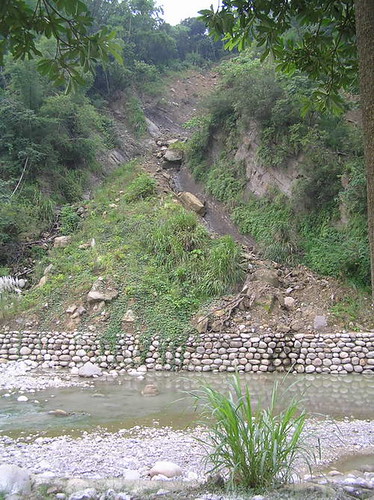 Numerous reports have been circulating in the media in recent months that Taiwan is planning to buy F-16s from the US. Yesterday the Ministry of National Defense (MND) announced
Numerous reports have been circulating in the media in recent months that Taiwan is planning to buy F-16s from the US. Yesterday the Ministry of National Defense (MND) announced 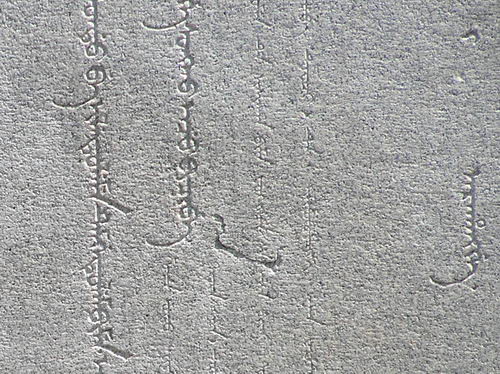
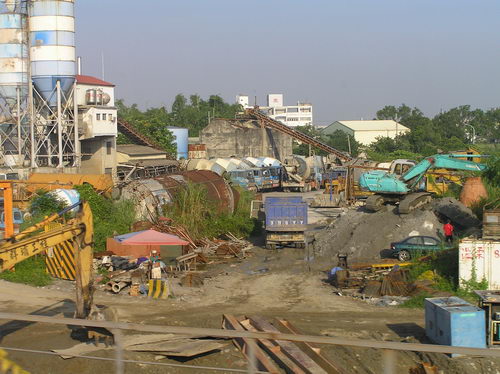 Taiwan Review offers a
Taiwan Review offers a Taiwan News reports that the
Taiwan News reports that the 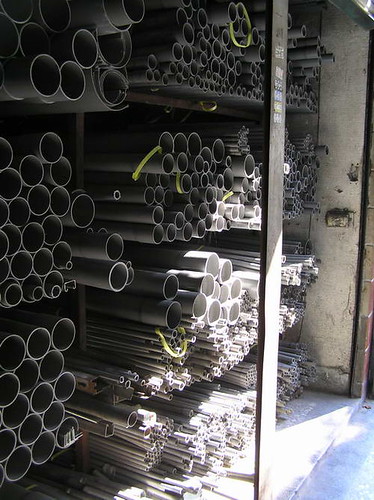
 Lung Ying-tai, the mainlander democracy writer, has weighed in with another letter on Chen (
Lung Ying-tai, the mainlander democracy writer, has weighed in with another letter on Chen (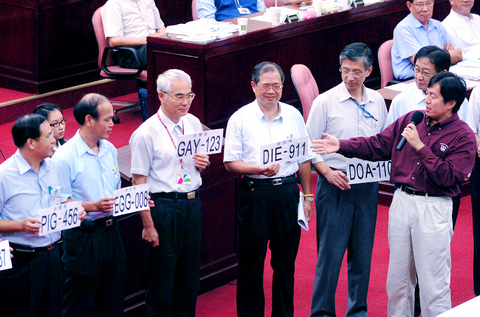


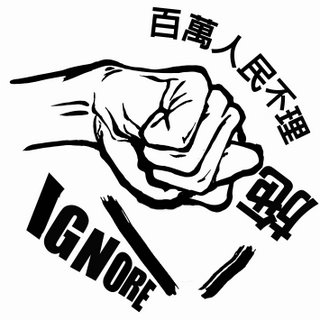
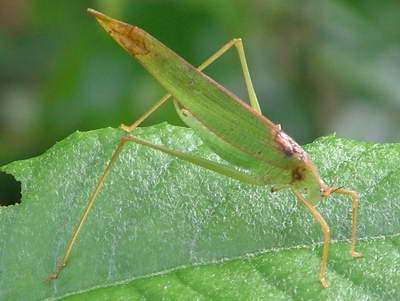 Let's take a look at a recent corruption case. In-laws receiving shady money? Check. Party heavyweight involved in petty corruption? Check. Secret payments and false names? Check. Clearly, this is just the kind of politician the pan-Blues claim they don't want in Taiwan.
Let's take a look at a recent corruption case. In-laws receiving shady money? Check. Party heavyweight involved in petty corruption? Check. Secret payments and false names? Check. Clearly, this is just the kind of politician the pan-Blues claim they don't want in Taiwan.













